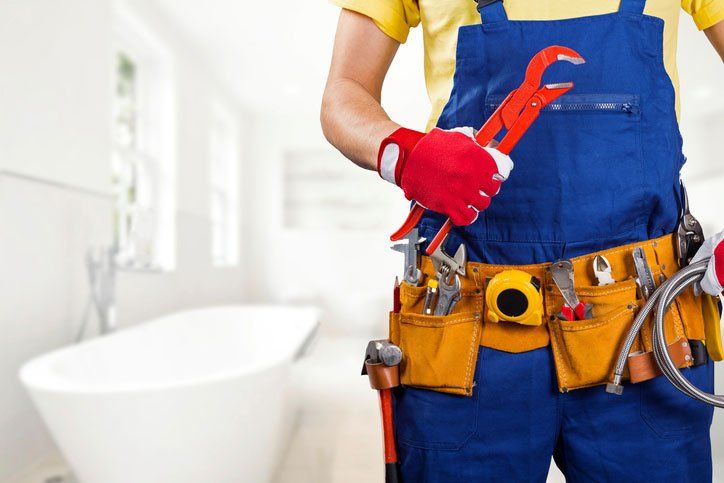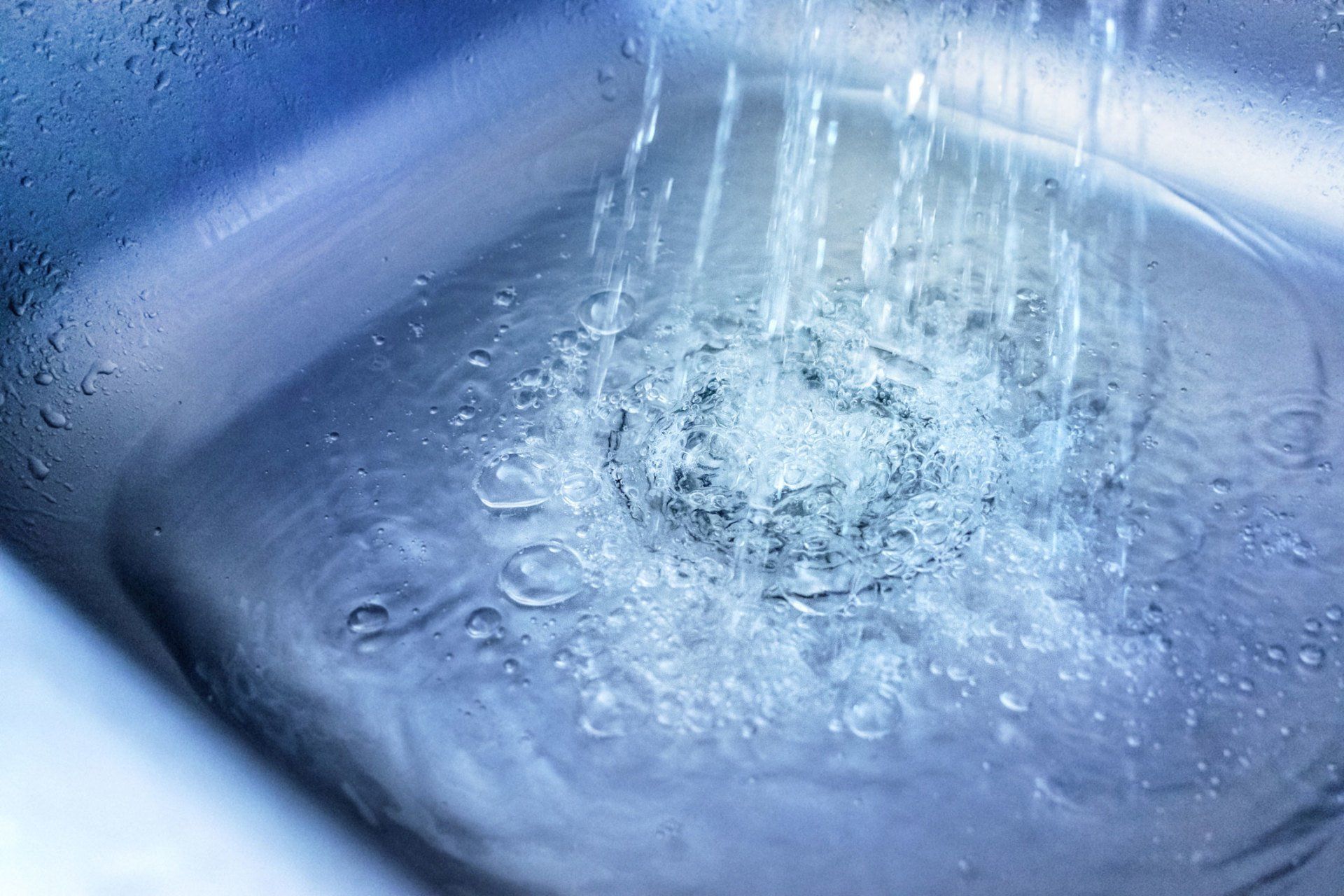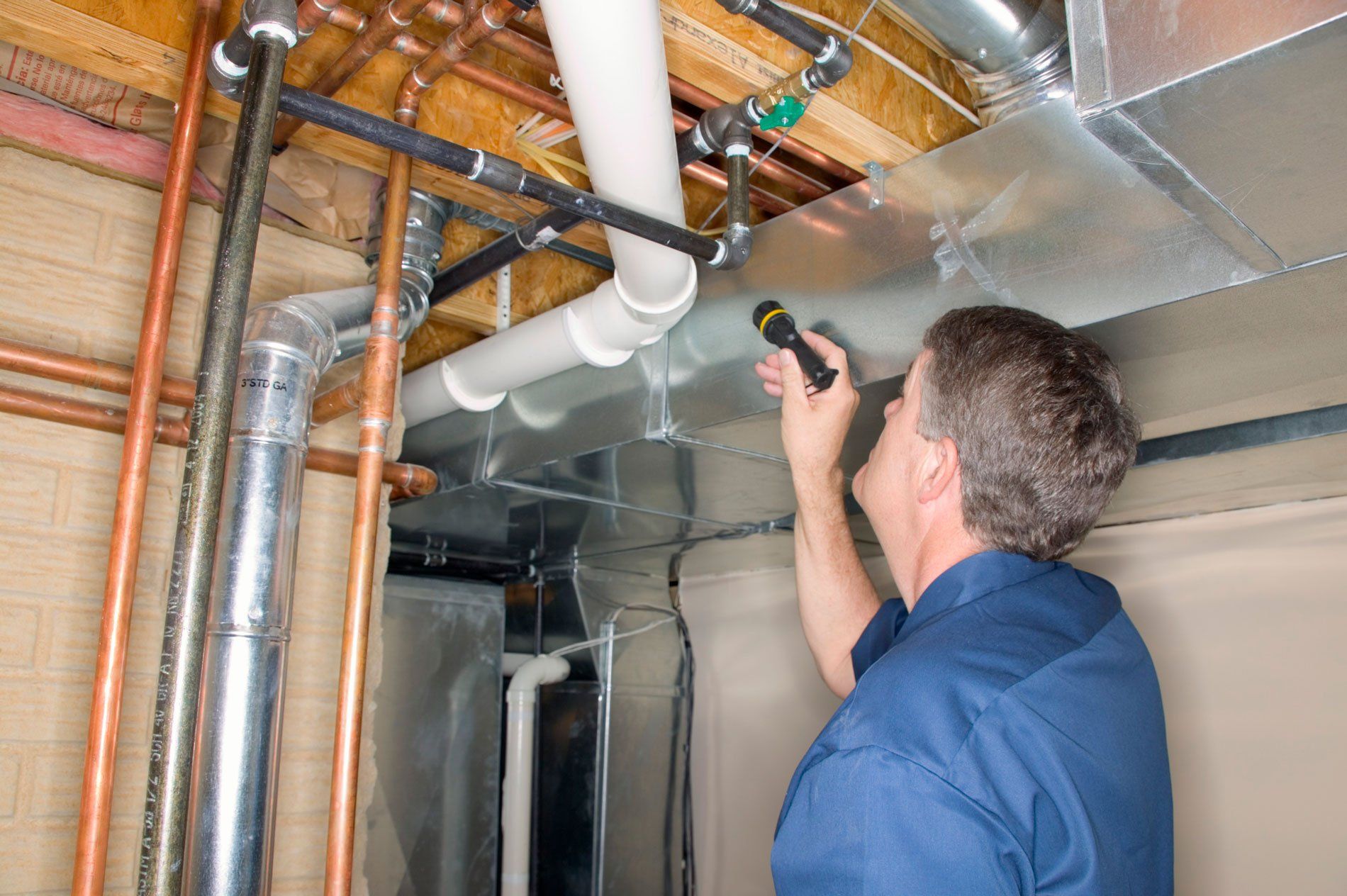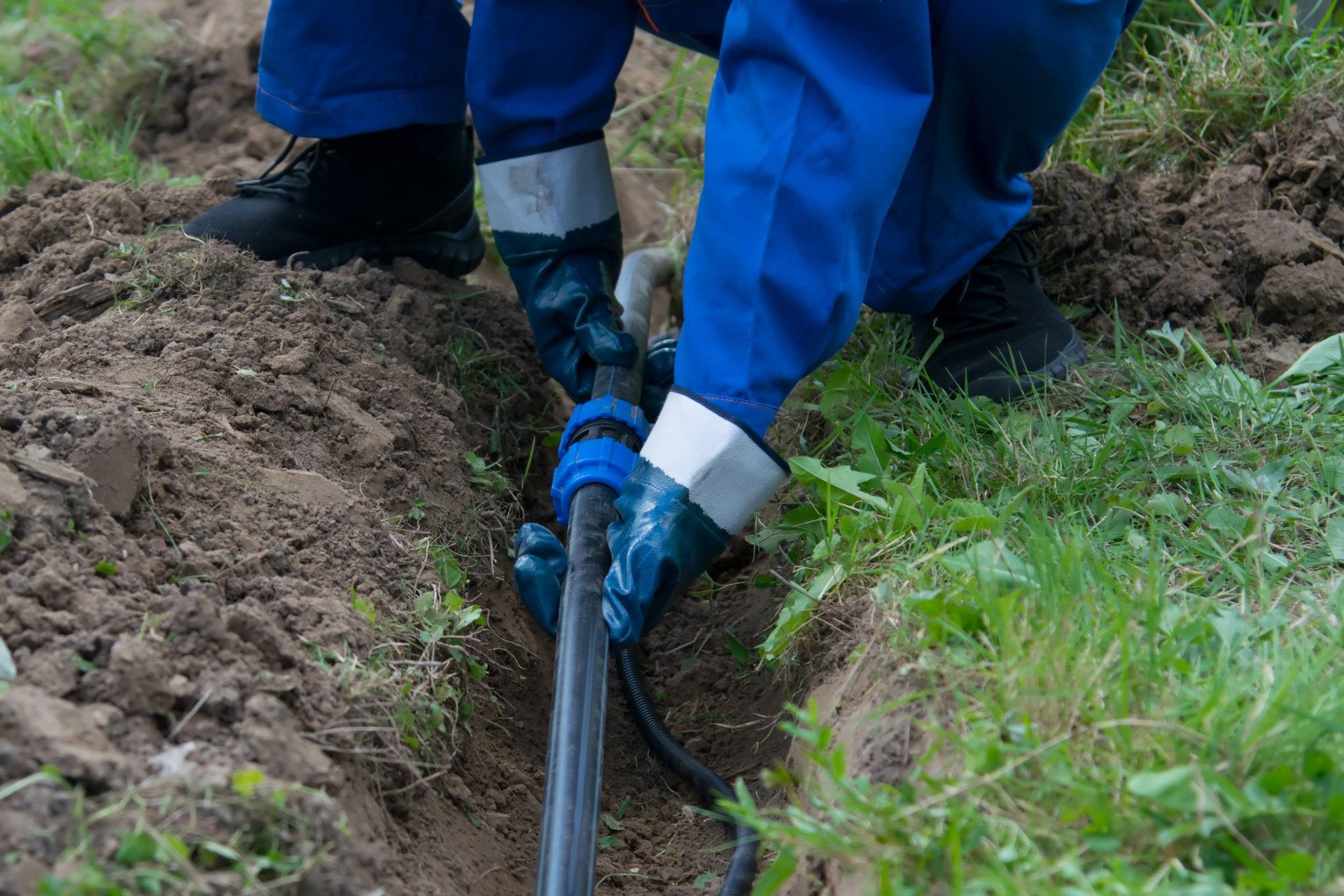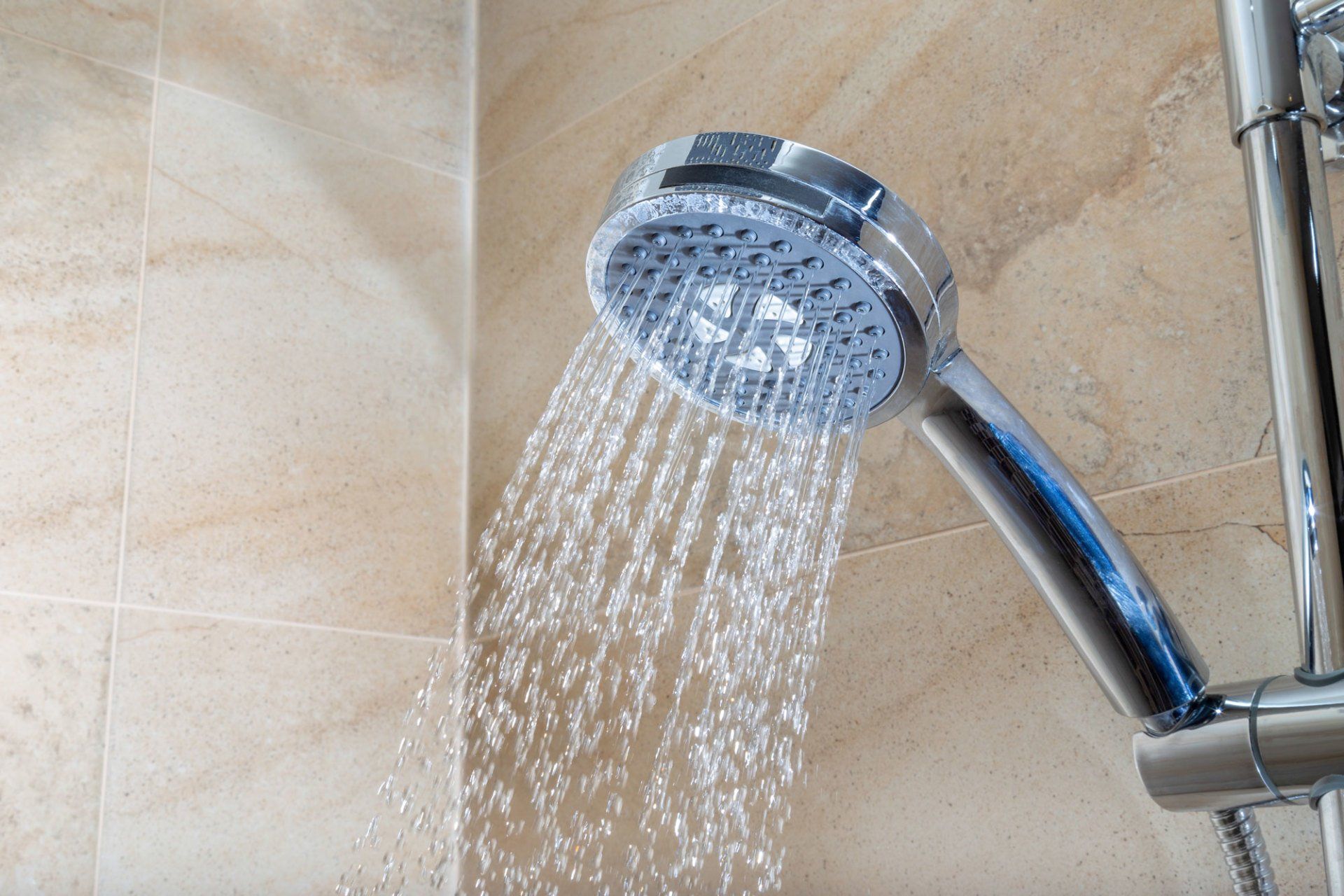1A Florida Plumbing, Inc.
Blog Layout
Signs You May Need New Pipes in Your Home
admin • Jan 17, 2019

Did you know that water pipes have a limited life expectancy? Of course it makes sense because nothing lasts forever. But if anything were to last forever, it would be solid chunks of metal, right? Sadly, several forces, such as the corroding effects of water, can come into play and make your pipes unsafe or unstable and leaky over time.
Here are some signs that your home may new water pipes this season.
1. Strange Smelling Water
If you live in the city, chances are you have slightly chlorine-smelling water. But if one day you notice that your water also has a metallic tang, a sulfuric or musty odor, or some other off taste or flavor, you're right to be suspicious. The issue could be with the city's water quality, but the issue could also be that your pipes are starting to corrode.
2. Rust in Your Water
Rust is another sign of old, worn-out pipes. Most pipes are made out of materials that don't rust easily. So if you do see rust in your water, you likely have iron or steel inside your pipes that's started to corrode. In some cases, the iron could be coming from the groundwater (especially if you have a well), but in that case, it probably wouldn't simply show up one day unexpectedly.
Corrosion could result simply because your pipes are very old. But the characteristics of your water can have something to do with how fast corrosion occurs as well. For example, acidic water tends to corrode pipes more quickly. Naturally soft water (and occasionally softened water) may corrode more quickly as well.
3. Lead or Galvanized Steel Pipes
Lead pipes are a really bad idea for obvious reasons, but nobody knew about that hundreds of years ago. Fortunately, you're unlikely to have any lead pipes for your water supply unless you have an ancient house that hasn't been updated much.
However, galvanized steel pipes can also contaminate your water with lead. This happens when the zinc layer on the inside surface of the pipe starts to deteriorate. This zinc often has small amounts of lead in it, but enough to make your water unsafe when corrosion occurs. Galvanized steel may exist if your plumbing hasn't been updated since the '80s.
4. Pipes That Are Very Old
Like your water heater or your AC unit, your plumbing system is less likely to perform reliably once it's past its prime. The length of time your pipes are good will vary based on the material of the piping.
For example, PEX water supply piping (a type of plastic) may fail after 40 years, whereas PVC or ABS drain lines could last another couple of decades past the half-century mark.
5. Frequent Leaks
Frequent leaks are typically a symptom of damage or old age. But if you notice leaks opening up in your pipes on a regular basis, it could just be from old, worn-out pipes. Old pipes can be so corroded they develop multiple pinhole leaks. In this case, you'll likely save money by getting them replaced now rather than waiting a few more years and paying for a lot more repairs.
These five signs can be red flags showing you that your home water pipes are no longer safe to depend on. You may wish to drink bottled water until you can get a plumber out to figure out what the issue is and help you fix it.
Whether you're worried about your water quality, have a leak to deal with, or already know you need all new pipes, get in touch with 1A Florida Plumbing, Inc.
today. We offer professional diagnoses, repairs, and replacements for home plumbing systems.

By admin
•
21 Sep, 2018
Most parents, even first-time parents, know the basics of child-proofing a house: including checking for sharp corners, stowing easy-to-grab items higher up, and adding child locks to cupboards, drawers, and doors. However, other parts of your home need an update for a baby that you might not realize, including your plumbing. Follow these simple tips to help your plumbing handle everything your new bundle of joy throws at it.
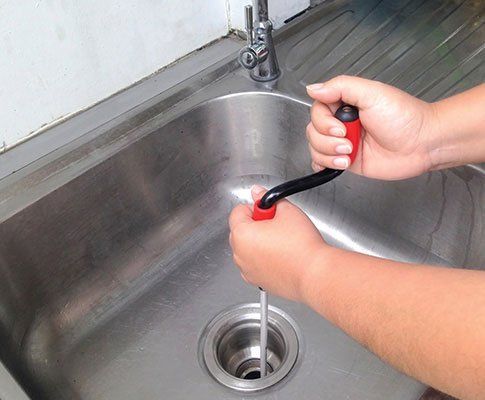
By admin
•
19 Jul, 2018
Plumbing clogs can be a big drag, especially in the summer when you're having yard parties and taking care of kids off from school. Luckily, you can do a few things to avoid clogs in your plumbing this summer. These tips will help you take care of your pipes and keep your home safe from clogs.
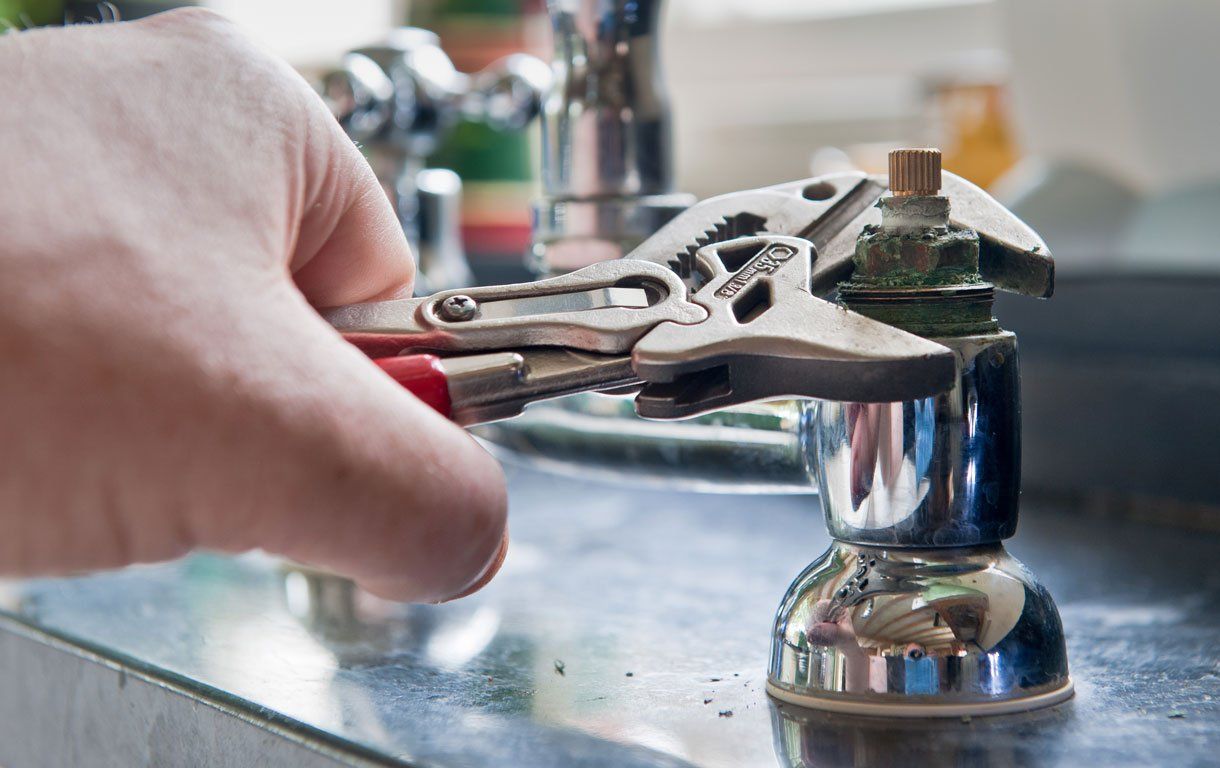
By admin
•
23 Mar, 2018
Most homeowners have experienced the occasional drain clog. You plunge the drain or perhaps use a drain snake, and the drain starts flowing again. Having every drain in your home slow down or stop draining at the same time is a different story. A plunger won't be of much assistance in this case. In fact, the correct way to address the problem depends on its cause. There are three main reasons why your whole plumbing system may stop draining at once. A Full Septic Tank If your home's drains empty into a septic system, your drain problems might indicate that the tank is full. Solids like human waste and toilet paper sink to the bottom of the septic tank, and they accumulate faster than they break down. When the solids start taking up too much space, there's not enough space left for water - so the water and waste you send down the drain won't have anywhere to go. Other signs that you need to pump your septic tank include smelly odors in your yard, toilets backing up, and excessive wetness in your yard. Luckily, your septic company can pump your septic tank in the span of a few hours, and your drains should flow freely again. Going forward, have your septic tank pumped every three years to prevent slow drains. If you flush cat litter, feminine hygiene products, paper towels, or anything other than human waste and toilet paper, solid waste will build up in your tank faster than normal and may lead to the need for more frequent pumping. A Blocked Sewer Line If you live in a more suburban or urban area, your home may be connected to a sewer system rather than a septic tank. There's a large pipe, about four inches in diameter, that carries all of your waste and wastewater into the public sewer line. The main drain line is prone to clogs, and when it does clog, every drain in the home can slow down or become blocked completely. Signs of a clogged sewer line are similar to those of a full septic tank. Every drain will slow down, and you might notice foul odors coming from your drains. Sometimes, sewage may back up into a sink or tub. Water may also back up into your washing machine. Your plumber can locate a main sewer line clog using a specialized camera. Many clogs are caused, at least in part, by tree roots growing into the line. Your plumber may mechanically remove the tree roots or even replace the overgrown line if the root growth is substantial. In the meantime, avoid flushing anything other than human waste and toilet paper. Napkins and wet wipes can get caught on roots and make the clog worse. A Plugged Sewer Vent Many homeowners do not realize that their sewer pipes have vents. The vents allow gas to escape, keeping your sewer lines at a low enough pressure to allow them to drain. Most sewer vents are on the roof. They can become clogged with snow, leaves, animal nests, or sewage. When a sewer vent blockage causes slow drains, you'll often notice gurgling noises coming from the drains. You may even see bubbles coming up into a full sink or toilet. The solution for a blocked sewer vent depends on what's causing the blockage. Your plumber can clear snow away and extend the vent to prevent future snow blockages. If debris is to blame, your plumber may use a grabbing tool to remove the debris and then replace the sewer line cap to limit future debris accumulation. Sewage clogs must usually be cleared with a plunging auger. All three of the problems above need to be dealt with by a professional plumber. If you're looking for a plumber in Miami-Dade County or Broward County, contact 1A Florida Plumbing, Inc. to make an appointment today.
BROWSE OUR WEBSITE
CONTACT INFORMATION
Phone: 786-991-6980
Email: 1afloridaplumbing@gmail.com
Address: 8961 NW 12 Pl Plantation, FL 33322
Business Hours
- Mon - Sun
- -
24/7 Emergency Service
Licensed and Insured


















OUR LOCATION
Content, including images, displayed on this website is protected by copyright laws. Downloading, republication, retransmission or reproduction of content on this website is strictly prohibited. Terms of Use
| Privacy Policy
